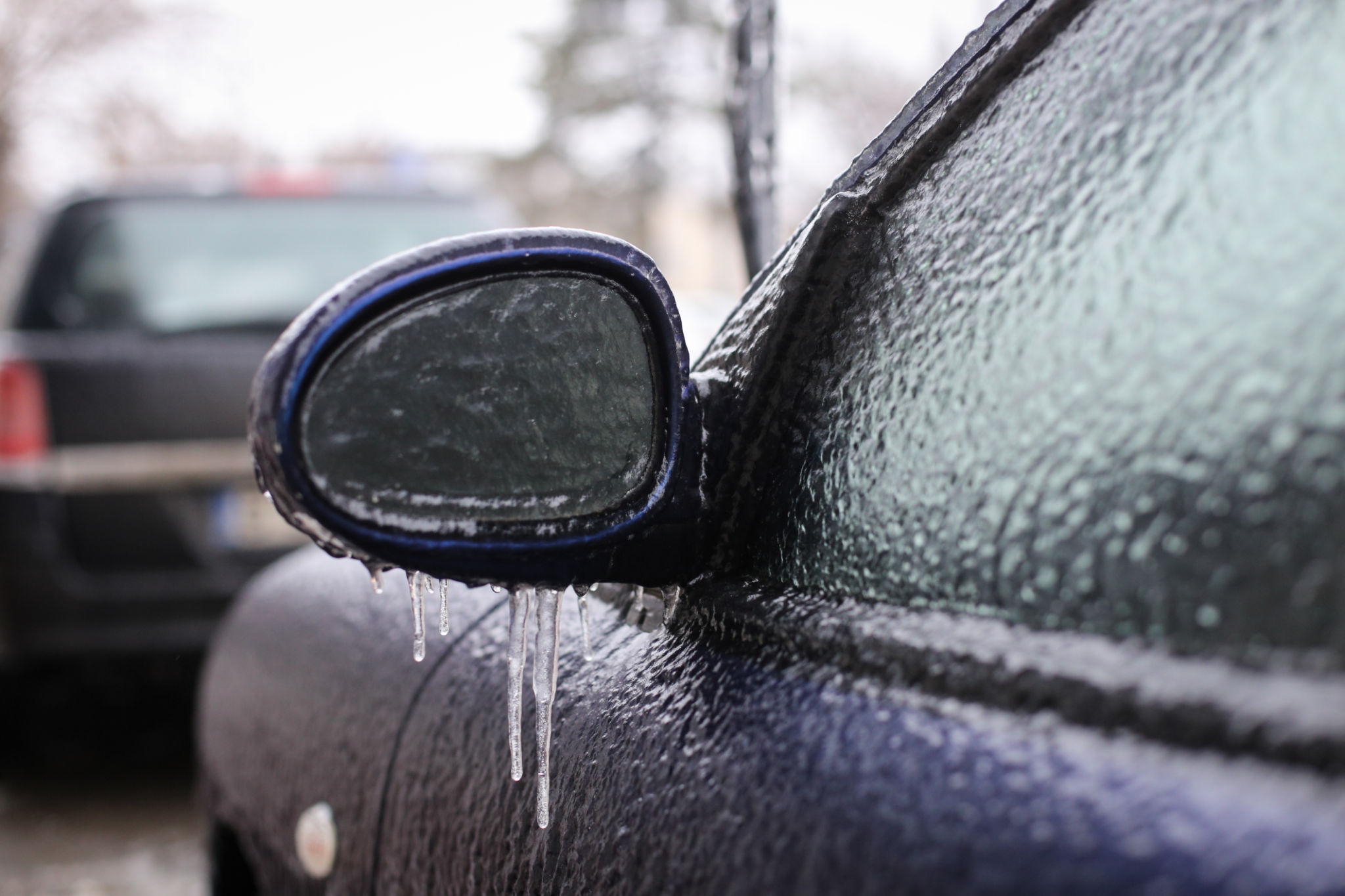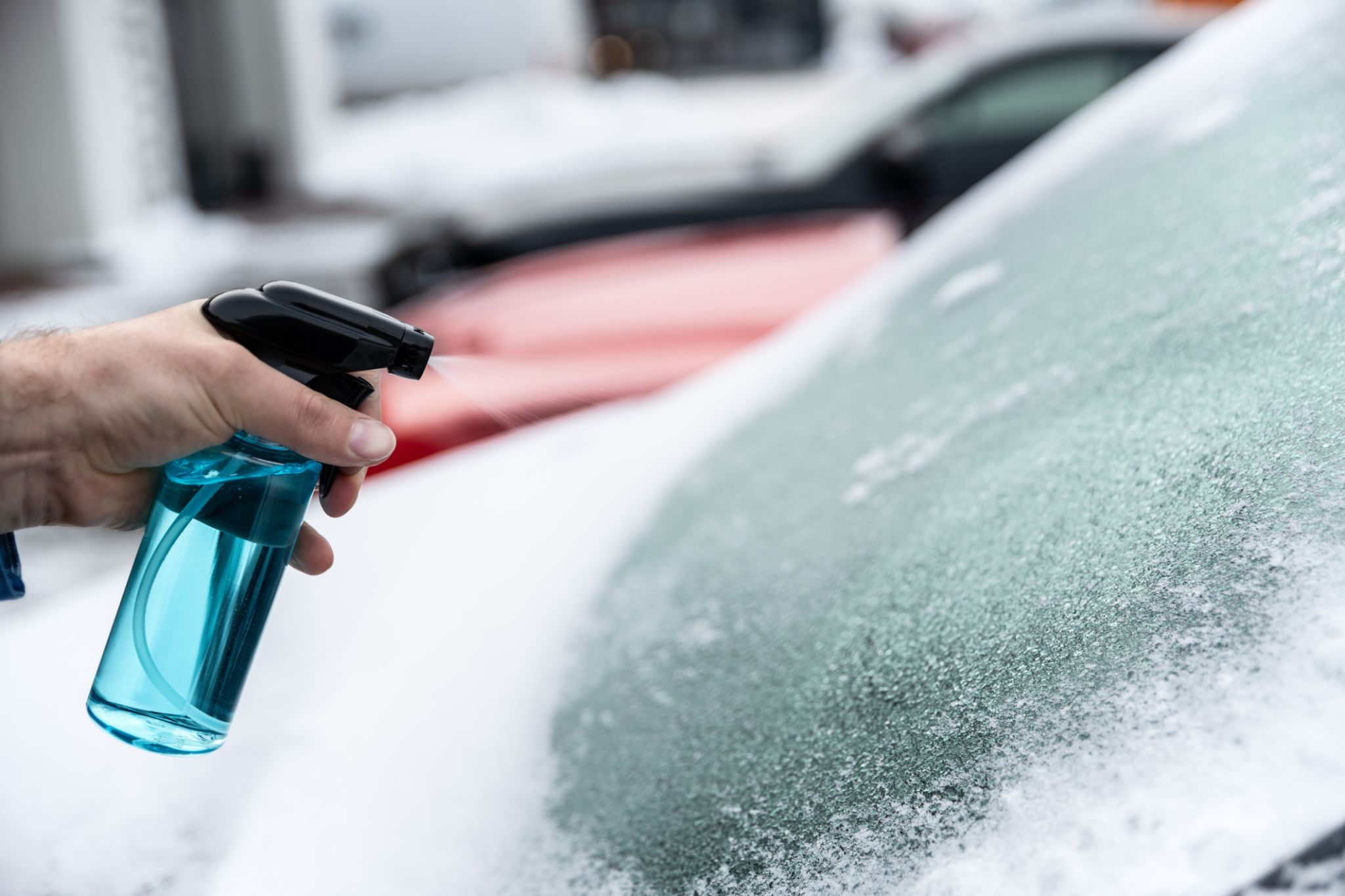Why Winter is the Most Dangerous Time for Car Locks and How to Prepare
Understanding the Risks of Winter on Car Locks
Winter is a season that brings its own set of challenges for car owners, one of which is the increased likelihood of car lock issues. As temperatures drop, car locks can become frozen, leading to frustrating situations where you are unable to access your vehicle. The cold weather can cause moisture to freeze inside the lock, making it difficult or even impossible to turn the key or press the button on a key fob.
In addition to freezing, the metal components in car locks can contract in cold temperatures, potentially causing alignment issues. These issues make it even harder to unlock doors, leaving you stranded in the cold. Understanding these risks is the first step in ensuring you are prepared for any winter-related car lock problems.

Preventive Measures to Protect Your Car Locks
The best way to deal with car lock problems in winter is to prevent them from occurring in the first place. Here are some proactive steps you can take:
- Regular Lubrication: Use a graphite-based lubricant on your car locks before the cold weather hits. This helps to prevent moisture from accumulating and freezing inside the lock.
- Protective Covers: Consider using a protective cover over your car locks to shield them from snow and ice. This simple measure can significantly reduce the chance of freezing.
- Park in a Garage: Whenever possible, park your car in a garage or sheltered area to keep it warm and protected from the elements.
By taking these preventive measures, you can reduce the risk of finding yourself locked out of your vehicle on a freezing winter morning.
Emergency Solutions for Frozen Locks
If you find yourself facing a frozen car lock despite your best efforts, there are several emergency solutions you can try. One popular method is to use a de-icer spray specifically designed for car locks. These sprays work by melting the ice inside the lock, allowing you to turn the key or use your key fob once again.

Another option is to gently heat your car key using a lighter or by placing it in warm water briefly. Once warmed, try inserting it into the lock. However, be cautious with this method to avoid damaging the key or lock. If these solutions do not work, it may be necessary to seek professional assistance from a locksmith.
Long-Term Solutions for Winter Car Lock Care
While emergency solutions can help in a pinch, implementing long-term strategies is crucial for protecting your car locks throughout winter. Consider investing in high-quality weather-resistant locks if you frequently encounter issues during this season. Additionally, regular maintenance checks with a professional locksmith can ensure that your locks are in optimal condition before winter arrives.
It's also beneficial to keep a spare key stored safely outside your vehicle. This can be a lifesaver if you accidentally lock yourself out or if your primary key becomes unusable due to freezing conditions.

Conclusion: Stay Prepared and Safe
Winter doesn't have to be a stressful time for car owners if you take the necessary precautions to protect your car locks from the elements. By understanding the risks and implementing preventive measures, you can keep your vehicle secure and avoid unnecessary headaches. Always keep emergency solutions handy and consider long-term strategies to ensure your locks remain functional throughout the winter months.
With these tips in mind, you'll be well-equipped to handle any winter challenges that come your way, keeping both yourself and your vehicle safe and sound.
